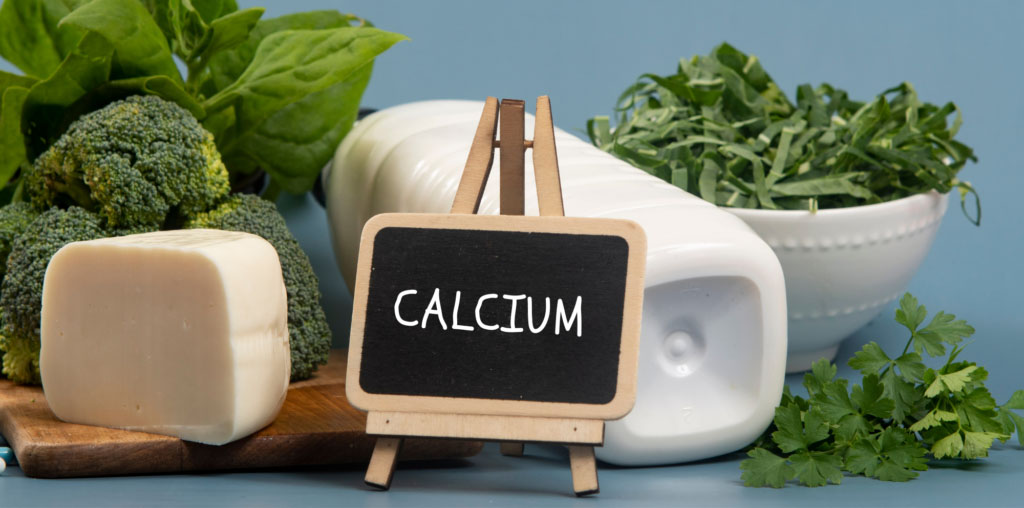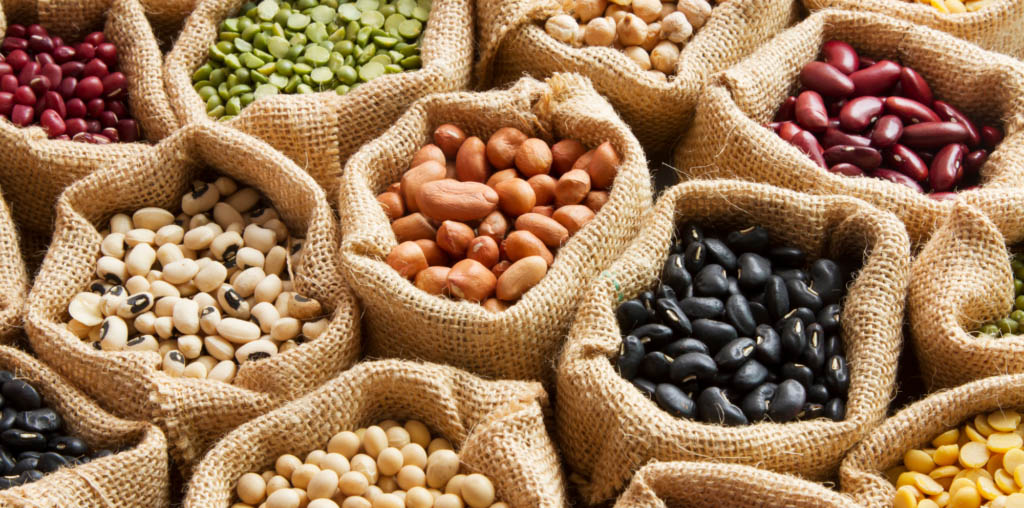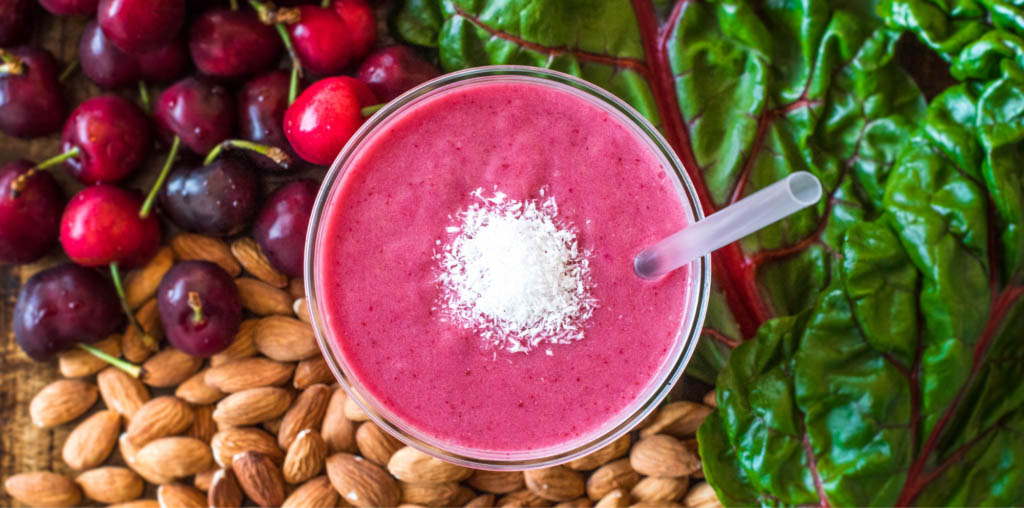Deciding to switch to a plant-based diet is a step that requires careful thought and preparation. More and more people are choosing to give up meat for various reasons – from health concerns to ethical considerations and environmental impact. Regardless of your motivation, it’s important to know what to focus on to ensure your transition to a plant-based diet is not only healthy but also satisfying and sustainable.
What is a Plant-Based Diet?
A plant-based diet primarily or exclusively consists of foods derived from plants. This can include a range of dietary styles, from flexitarianism to vegetarianism to veganism. The key feature of a plant-based diet is the exclusion of meat and, in more restrictive forms, other animal products such as dairy, eggs, honey, and gelatin.


A plant-based diet primarily or exclusively consists of foods derived from plants. This can include a range of dietary styles, from flexitarianism to vegetarianism to veganism. The key feature of a plant-based diet is the exclusion of meat and, in more restrictive forms, other animal products such as dairy, eggs, honey, and gelatin.

Flexitarianism
Flexitarianism is the most flexible form of a plant-based diet. It involves reducing meat consumption without completely eliminating it. Flexitarians eat meat occasionally, for example, once a week, while their diet is mainly plant-based.
Flexitarianism

Flexitarianism is the most flexible form of a plant-based diet. It involves reducing meat consumption without completely eliminating it. Flexitarians eat meat occasionally, for example, once a week, while their diet is mainly plant-based.
Vegetarianism
Vegetarianism excludes the consumption of meat (including fish and seafood) but allows animal products such as milk, cheese, eggs, and honey.

Vegetarianism

Vegetarianism excludes the consumption of meat (including fish and seafood) but allows animal products such as milk, cheese, eggs, and honey.

Veganism
The vegan diet is the most restrictive form of a plant-based diet, excluding not only meat but all animal products, including dairy, eggs, honey, and even some food additives like gelatin and albumin.
Veganism

The vegan diet is the most restrictive form of a plant-based diet, excluding not only meat but all animal products, including dairy, eggs, honey, and even some food additives like gelatin and albumin.
Health Benefits of This Diet

Switching to a plant-based diet can offer numerous health benefits, as confirmed by many scientific studies. However, the key to success is a well-balanced and varied diet.
Lowering the Risk of Chronic Diseases
One of the most significant benefits of a plant-based diet is the reduced risk of developing chronic diseases such as heart disease, hypertension, type 2 diabetes, and certain types of cancer. This is because a diet rich in vegetables, fruits, whole grains, nuts, and seeds provides a high amount of fiber, vitamins, minerals, and antioxidants that have a positive impact on health.
Improving Digestive Function
A plant-based diet is high in fiber, which plays a key role in the proper functioning of the digestive system. Fiber promotes regular bowel movements, helps maintain a healthy gut flora, and can protect against constipation and other digestive issues.
Reducing the Risk of Obesity
People on a plant-based diet often have a lower body mass index (BMI) and are less likely to struggle with obesity. This is because plant-based foods, especially those that are minimally processed, are generally lower in calories and more filling due to their high fiber content.
Beneficial for the Skin
A plant-based diet rich in antioxidants, vitamins, and minerals can also positively affect skin health. Consuming a large amount of vegetables and fruits, especially those with vibrant colors, provides nutrients that help protect the skin from the damaging effects of free radicals, thereby slowing down the aging process.
What to Watch Out for When Switching to a Plant-Based Diet?

Ensuring Adequate Protein Intake
Protein is an essential nutrient that plays a key role in building muscles, enzymes, and hormones. On a plant-based diet, it’s important to ensure an adequate protein intake since plant-based products, except for soy and some other legumes, contain proteins of lower biological value than meat.
Plant-Based Protein Sources
To ensure adequate protein intake, it’s important to consume a variety of plant-based protein sources. The richest sources of protein in a plant-based diet include:
- Legumes (lentils, chickpeas, beans, peas)
- Nuts and Seeds (almonds, walnuts, pumpkin seeds, chia seeds)
- Whole Grains (quinoa, amaranth, oats)
- Soy and Soy Products (tofu, tempeh, edamame)

Plant-Based Protein Sources

To ensure adequate protein intake, it’s important to consume a variety of plant-based protein sources. The richest sources of protein in a plant-based diet include:
- Legumes (lentils, chickpeas, beans, peas)
- Nuts and Seeds (almonds, walnuts, pumpkin seeds, chia seeds)
- Whole Grains (quinoa, amaranth, oats)
- Soy and Soy Products (tofu, tempeh, edamame)
Maintaining Adequate Vitamin B12 Levels
Vitamin B12 is essential for the proper functioning of the nervous system and the production of red blood cells. Unfortunately, this vitamin is naturally found only in animal products, which can be problematic for people on a plant-based diet.
Vitamin B12 Supplementation
For those on a plant-based diet, it is recommended to supplement vitamin B12 to avoid deficiencies that can lead to serious health problems such as anemia or nerve damage. Vitamin B12 can also be found in some fortified foods, such as plant-based milk, breakfast cereals, or nutritional yeast.
Ensuring Adequate Omega-3 Fatty Acids
Omega-3 fatty acids, particularly docosahexaenoic acid (DHA) and eicosapentaenoic acid (EPA), are essential for heart, brain, and eye health. In a traditional diet, the main source of omega-3s is fatty fish, which is excluded from a plant-based diet.
Plant-Based Sources of Omega-3
Although plants do not contain DHA or EPA, they do provide alpha-linolenic acid (ALA), which the body can convert into these two fatty acids, although the process is inefficient. The best plant-based sources of ALA are:
- Flaxseeds
- Chia Seeds
- Walnuts
- Canola Oil
DHA and EPA Supplementation
People on a plant-based diet may also consider supplementing DHA and EPA from algae-based supplements, which are a vegan source of these fatty acids.
Maintaining Adequate Iron Levels
Iron is a key component of hemoglobin, which transports oxygen in the blood. In a plant-based diet, iron is primarily non-heme iron, which is less easily absorbed by the body than heme iron found in meat.

How to Increase Iron Absorption?
To improve the absorption of non-heme iron, it’s beneficial to combine iron-rich foods with foods high in vitamin C, which enhances iron absorption. Examples of good combinations include:
- Spinach with bell peppers
- Lentils with tomatoes
- Oatmeal with citrus fruits
Plant-based sources of iron include:
- Legumes
- Spinach and other leafy green vegetables
- Quinoa
- Pumpkin Seeds
How to Increase Iron Absorption?

To improve the absorption of non-heme iron, it’s beneficial to combine iron-rich foods with foods high in vitamin C, which enhances iron absorption. Examples of good combinations include:
- Spinach with bell peppers
- Lentils with tomatoes
- Oatmeal with citrus fruits
Plant-based sources of iron include:
- Legumes
- Spinach and other leafy green vegetables
- Quinoa
- Pumpkin Seeds
Ensuring Adequate Calcium Intake
Calcium is essential for bone and dental health, as well as the proper functioning of the nervous system and muscles. In a traditional diet, the main source of calcium is dairy, which is excluded from a vegan diet.
Plant-Based Sources of Calcium
Good plant-based sources of calcium include:
- Calcium-fortified plant-based milk (soy, almond, oat)
- Calcium-fortified tofu
- Leafy green vegetables (kale, broccoli)
- Sesame seeds
Adequate Vitamin D Intake
Vitamin D is important for bone health as it helps absorb calcium. Vitamin D is naturally synthesized by the skin in response to sunlight, but during winter months or with limited sun exposure, its levels may be low.
Vitamin D Supplementation
During periods when vitamin D synthesis is limited, it may be worth considering vitamin D2 (plant-based) or D3 (algae-based, suitable for vegans) supplementation.
Balancing Macronutrients
In a plant-based diet, as in any other, it’s important to maintain a balance between macronutrients: protein, fats, and carbohydrates. Proper proportions of these nutrients help maintain energy, support metabolic processes, and prevent deficiencies.
Carbohydrates
Carbohydrates are the primary energy source in a plant-based diet and can be found in whole grains, vegetables, fruits, and legumes. It’s best to choose minimally processed products high in fiber, which help maintain stable blood sugar levels.
Fats
Fats are an essential part of the diet, but it’s important to choose healthy sources of fats, such as avocados, nuts, seeds, and plant oils (e.g., olive oil, flaxseed oil). In a plant-based diet, particular attention should be paid to adequate omega-3 fatty acid intake.
Interesting Facts About a Plant-Based Diet

Plant-Based Diet and the Environment
One of the main reasons people choose a plant-based diet is concern for the environment. The production of animal-based foods generates significantly higher greenhouse gas emissions, uses more water, and causes more deforestation than plant-based food production.
Plant-Based Diet and Longevity
Research has shown that people on a plant-based diet may live longer than those who regularly consume meat. A study conducted by the National Institutes of Health found that vegetarians have a lower risk of death from heart disease and a lower risk of developing certain cancers.
The History of the Plant-Based Diet
The plant-based diet is not a new invention – it has roots in ancient times. Just like the practice of yoga, which we wrote about in this article. In ancient India and Greece, philosophers such as Pythagoras promoted a plant-based diet for ethical and health reasons.
Famous People on a Plant-Based Diet
Many well-known athletes, actors, and other public figures have adopted a plant-based diet. Examples include tennis player Serena Williams, actor Joaquin Phoenix, and bodybuilder Patrik Baboumian, who gained worldwide fame as one of the strongest people in the world despite being a vegan.
How to Safely and Effectively Transition to a Plant-Based Diet?
Switching to a plant-based diet requires proper planning, especially if your diet was previously based on animal products. Here are some steps to help you make this transition:
Gradual Changes
Instead of giving up meat and other animal products immediately, it’s worth making changes gradually. You can start with one day a week without meat (e.g., “Meatless Monday”) and then gradually increase the number of days without animal products.
Meal Planning
Meal planning is key to a balanced plant-based diet. Make sure your meals are diverse and include all the necessary nutrients. It’s also a good idea to prepare meals in advance to avoid reaching for unhealthy snacks.
Education and Awareness
Before starting a plant-based diet, it’s important to learn about plant-based sources of protein, vitamins, and minerals. There are many books, blogs, and apps that can help with meal planning and ensuring adequate nutrient intake.
Consultation with a Dietitian
If you have any doubts about your diet, it’s worth consulting a dietitian who can help you plan a balanced plant-based diet tailored to your individual needs.
Conclusion

A plant-based diet is a lifestyle that brings numerous health benefits and positively impacts the environment. When transitioning to a plant-based diet, it’s important to pay attention to key aspects such as ensuring adequate protein, vitamins, and minerals to avoid deficiencies. Meal planning and education on plant-based nutrient sources are also crucial. With the right approach, a plant-based diet can be a tasty, healthy, and sustainable way of eating, rich in all the essential nutrients.


